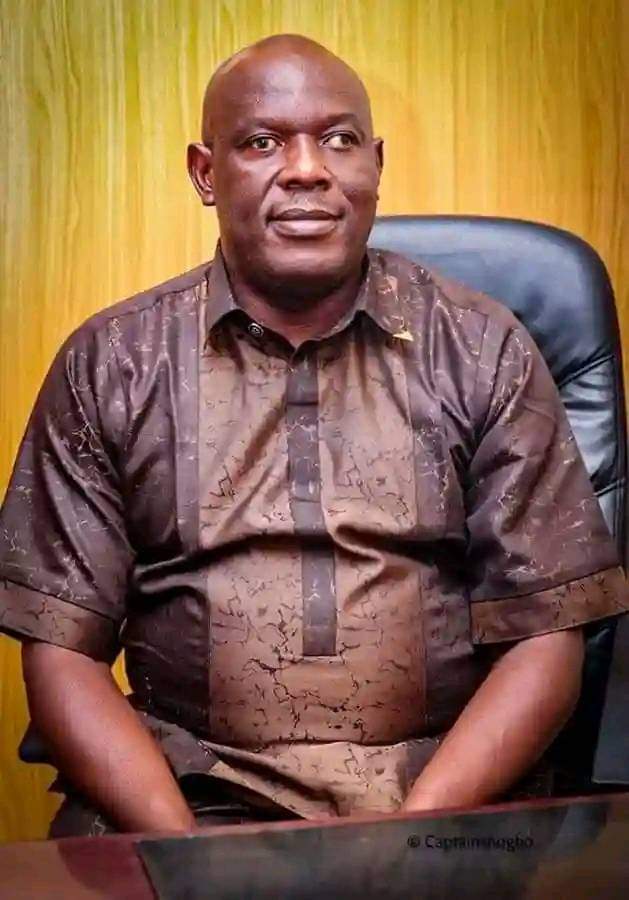A civil society organisation, the Youths and Environmental Advocacy Centre (YEAC-Nigeria and United Kingdom), has applauded the appointment of a renowned environmentalist, Professor Nenibarini Zabbey, as the Project Coordinator of the Hydrocarbon Pollution Remediation Project (HYPREP).
While thanking President Muhammadu Buhari for the appointment, the group called on the incoming administration of President-Elect, Bola Ahmed Tinubu to guarantee leadership stability in HYPREP.
Executive Director of YEAC-Nigeria, Fyneface Dumnamene Fyneface, in a statement made available to LEADERSHIP in Port Harcourt yesterday, also called on Tinubu to not only ensuring that Zabbey serves out his four year’s tenure but reappoint for a second term in office for a sustainable project implementation and leadership stability in HYPREP.
Fyneface expressed confidence in the ability and capability of Zabbey, who is a senior lecturer in the University of Port Harcourt, to drive the Ogoni clean-up project to greater heights.
He stated that YEAC-Nigeria and United Kingdom will give the new project coordinator all the necessary support to succeed on this assignment, the group in Nigeria in particular, would continue and sustain its advocacy, oversight function and constructive criticism on the Ogoni clean-up project.
The statement reads in part: “YEAC-Nigeria is confident in the ability and capacity of Prof. Zabbey, a renowned environmentalist to drive the Ogoni Clean-up Project to greater heights.
“YEAC-Nigeria and the United Kingdom, its Executive Director, staff, members and volunteers would give the brand-new Project Coordinator, Prof. Zabbey, all the necessary support to succeed on this assignment.
“But YEAC-Nigeria will continue and sustain its advocacy, oversight function and constructive criticism on the Ogoni clean-up project as a frontline environmental advocacy organization to put the Professor, his team and the Ministry of Environment on their toes to carry out proper clean-up and restore Ogoni environment on record time for fishing and farming which are the traditional livelihoods of fishermen and farmers to thrive again.”










